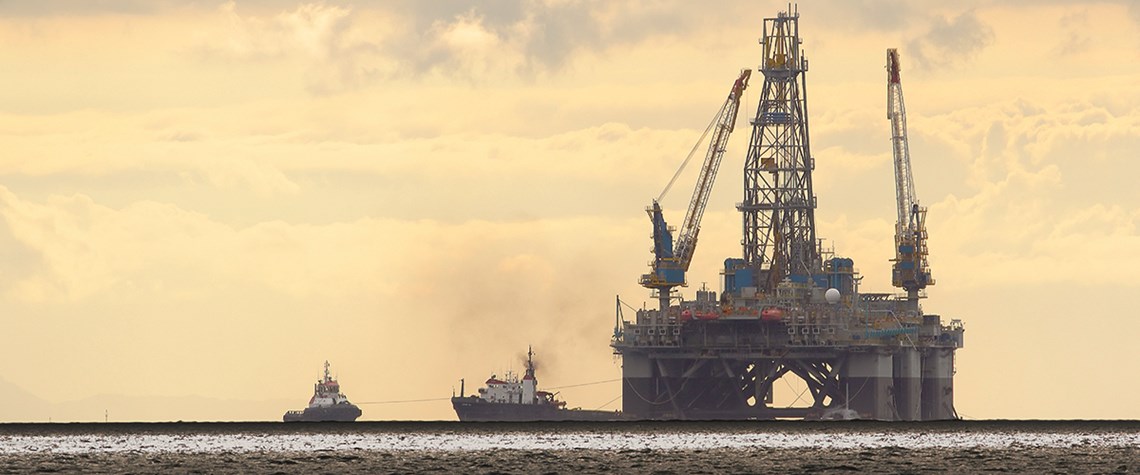Wintershall-DEA: The anatomy of a merger
The Wintershall-DEA deal brings together businesses that in 2017 had combined sales of €4.7bn
At the end of September, almost a year on from the announcement that Wintershall and DEA had agreed in principle to merge, their respective owners—Germany chemicals company BASF and LetterOne, the Luxembourg-based investment fund co-founded by the Russian oligarch Mikhail Fridman in 2013—signed a "definitive transaction agreement". Assuming the merger is approved by the relevant authorities, the transaction is expected to close in the first half of 2019. It will bring together businesses that in 2017 had combined sales of €4.7bn, and oil and gas production of 575,000 boe/d. The merger is expected to generate synergies of at least €200m a year and create a regionally more balanced footprint.

Also in this section
11 August 2025
The administration is pushing for deregulation and streamline permitting for natural gas, while tightening requirements and stripping away subsidies from renewables
8 August 2025
The producers’ group missed its output increase target for the month and may soon face a critical test of its strategy
7 August 2025
The quick, unified and decisive strategy to return all the barrels from the hefty tranche of cuts from the eight producers involved in voluntary curbs signals a shift and sets the tone for the path ahead
7 August 2025
Without US backing, the EU’s newest sanctions package against Russia—though not painless—is unlikely to have a significant impact on the country’s oil and gas revenues or its broader economy








